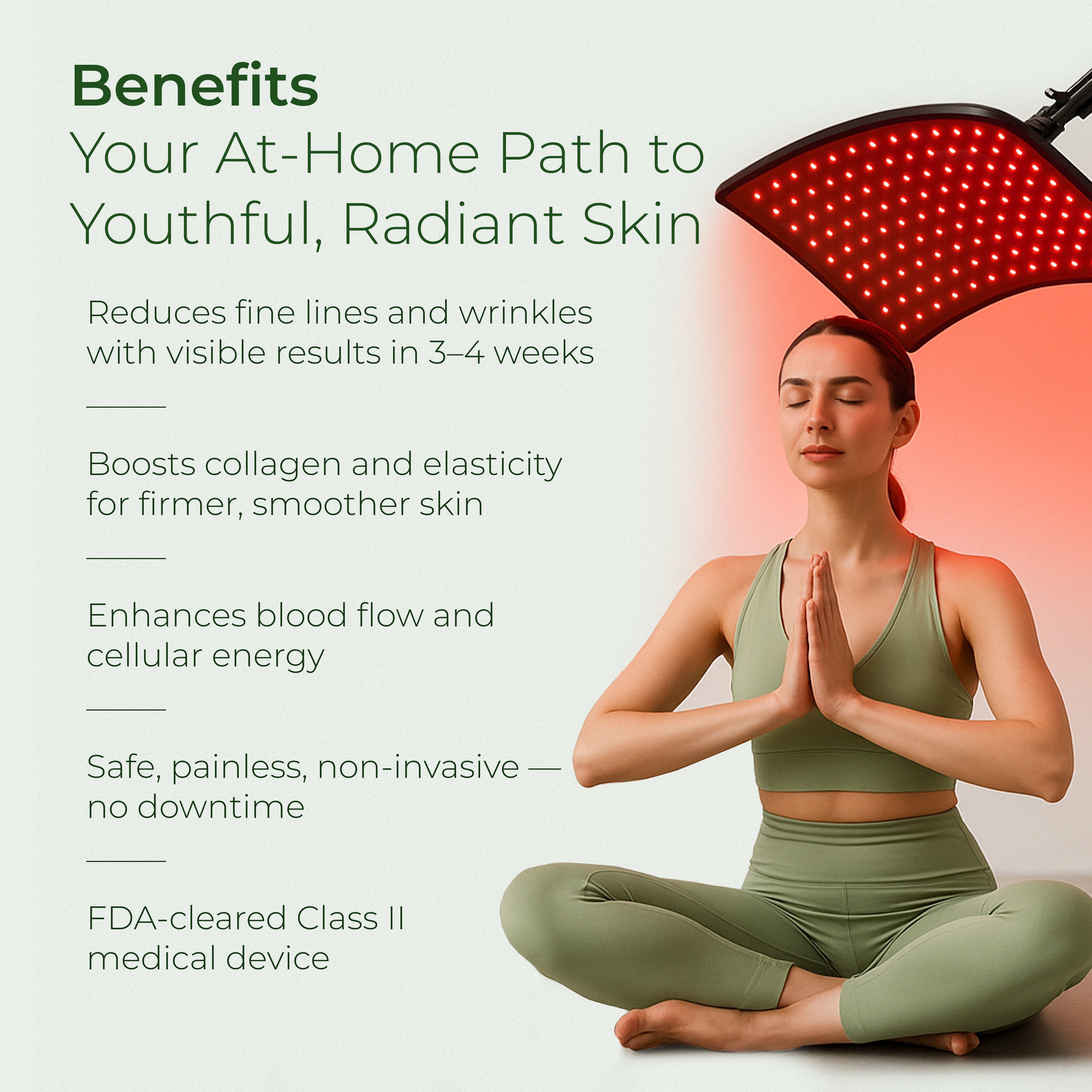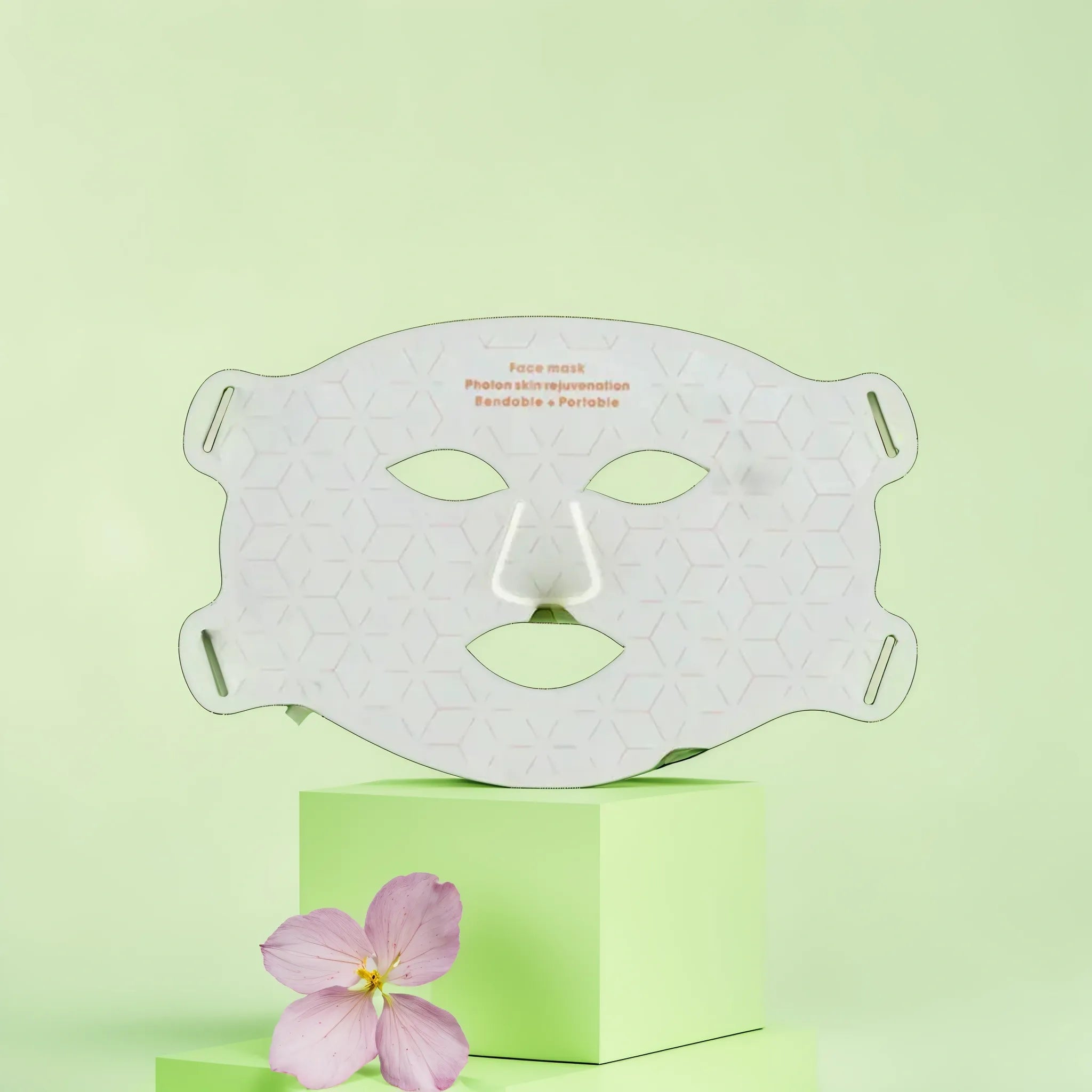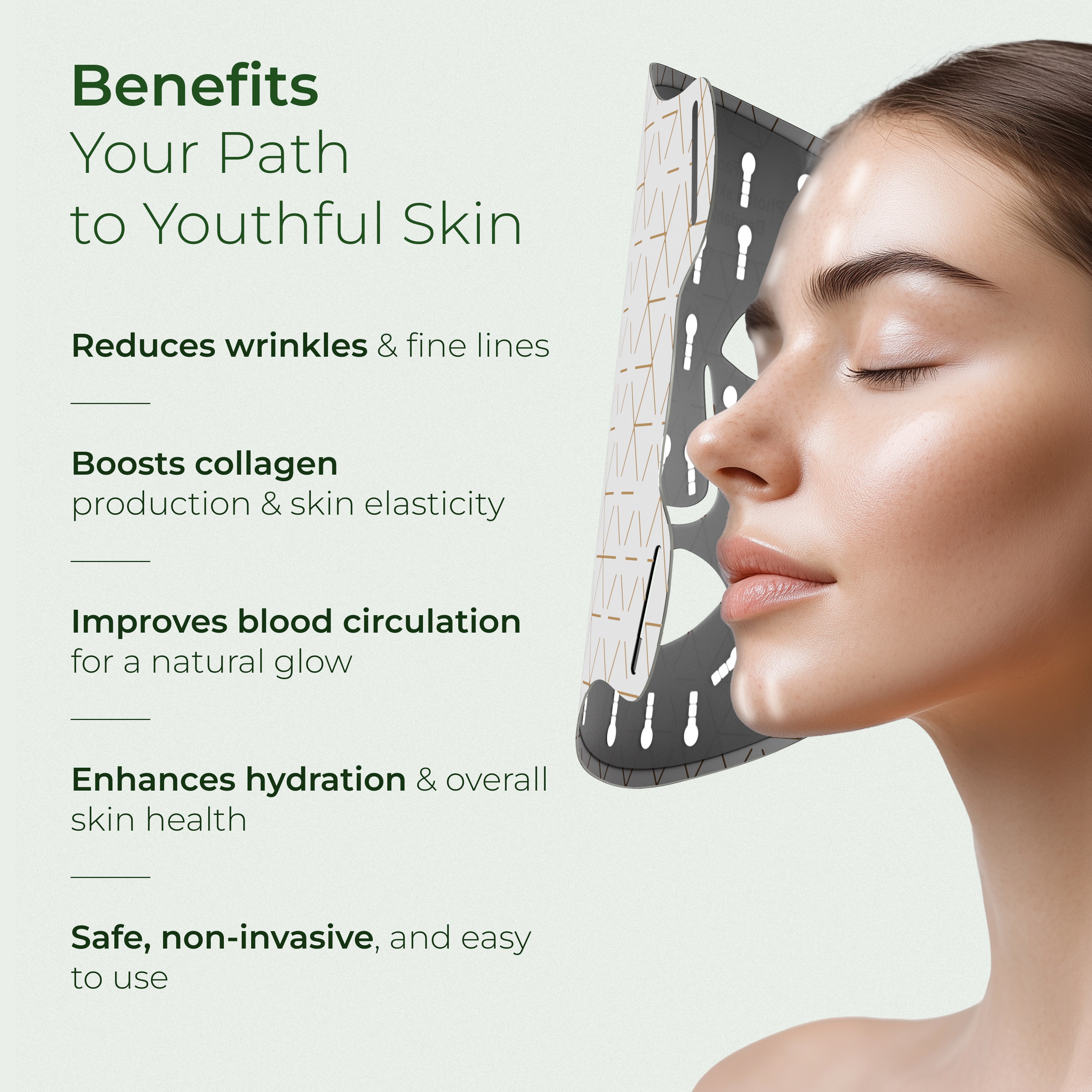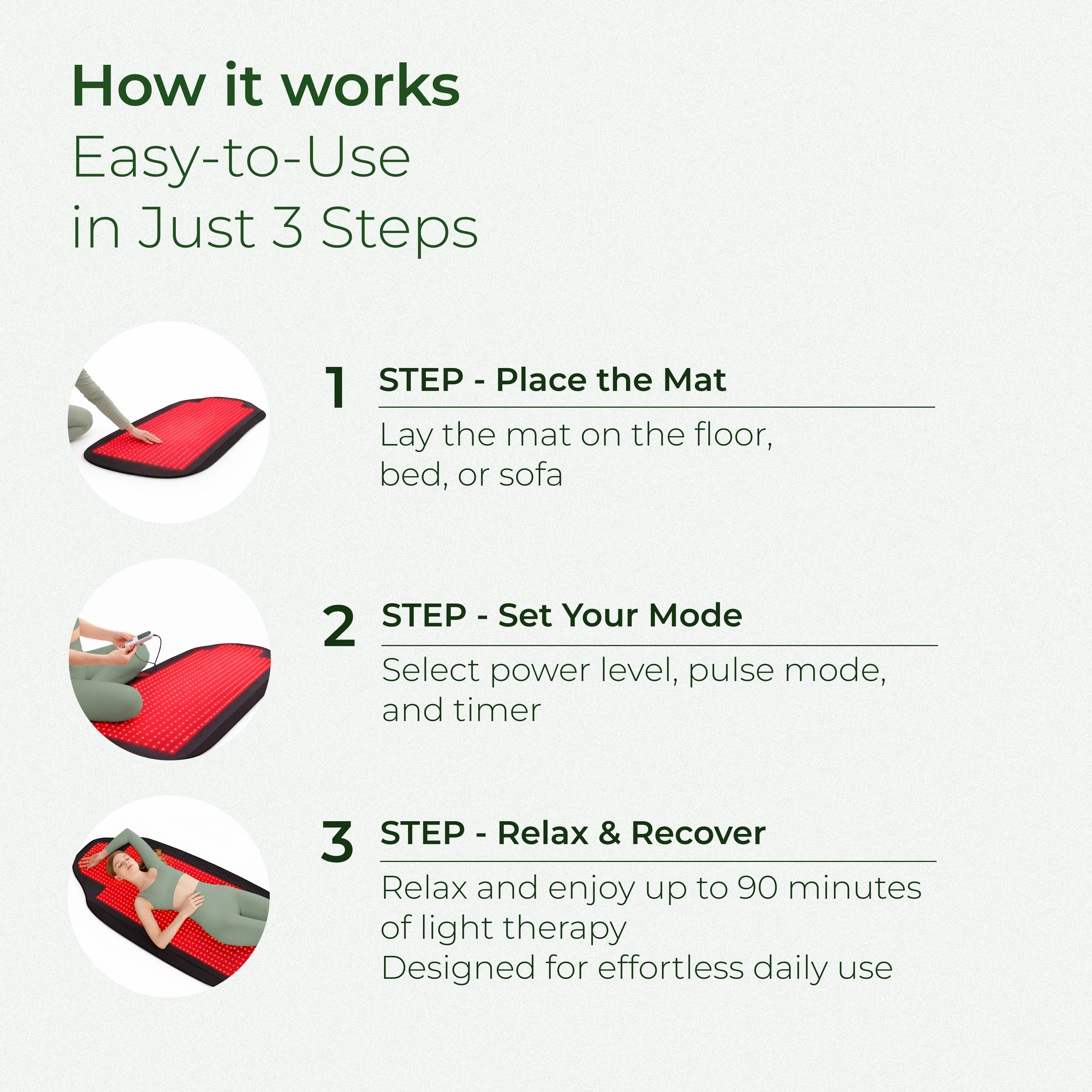Our experts lay down the top 5 complaints of women with oily skin and the solution for each oily skin problem. Read to know more and prevent the shiny mess!
1. Acne
Not everyone with acne has oily skin and not all oily-skinned people have acne. But oily skin usually contributes to being more prone to having a zit. There are many factors that contribute to having acne like genetics, hormonal imbalance, and the presence of microorganisms.
When you have oily skin, your pores get clogged easily especially when it gets blocked with dead skin cells. When bacteria enters the pores and gets trapped within, it causes inflammation under our skin that results in what we call pimples. There is no one single solution to acne because it is multifactorial. We need to figure out what causes us to break out.
2. Blackheads and Whiteheads
Oily-skinned people tend to have bumpy and congested skin. Like mentioned earlier, too much oil production mixed with dead skin cells can create clogs. Voila! A whitehead or blackhead is born. It is essential to avoid products that can clog the skin.
That applies to soaps, cleansers, moisturizers, sunblock and makeup. Having an unhealthy diet can contribute to having comedones too. Avoid fried foods and foods rich in unhealthy carbohydrates. Use cleansers with salicylic acid to help control oil and prevent clogs too. Exfoliate regularly and avoid devices with harsh brushes that may be too irritating for the skin.
3. Can’t seem to find a good moisturizer or sunblock
People with oily skin usually do not use moisturizers because they think that they do not need any more moisturizing. And since we now know that wearing sunblock is essential, all the more that people with oily skin think that they are done for! "Hello? We have excess oil already, we do not need to add more moisturizer to it!" The key here is to moisturize using the right product. If our skin is too dry, our body will compensate by producing more oil.
There are tons of products out there that is made for oily skin. Invest in moisturizers that are non-comedogenic (or won’t clog the pores) and that is lightweight. Gel-based moisturizers are better compared to moisturizers in lotion or cream form.
4. Large pores
You cannot totally banish pores. It is a natural feature of our skin where hair grows and it is where sweat and oils are excreted. Some may have porcelain, poreless skin but for those with oily skin, having large pores is a common feature.
The oil is produced and flows out of our pores to lubricate our skin. In the event that oil is produced in excess, it may clog our pores especially when it is mixed with dead skin cells and other elements such as makeup and dirt from the environment. This usually results in stretching the pores and making it appear larger than usual.
5. Shining, shimmering, splendid?
Ah yes! Of course, that’s the first thing that would come to mind if you have oily skin. It is difficult to find makeup that would prevent from sliding off your face a few hours after application. Some people will dab on powders to somehow absorb the oil but it often gives you that cakey appearance, not to mention, feeling like you have tons of layers on your skin. It gets too suffocating! So how do you control the oil? You have to incorporate several things to lessen the oil production and manage this messy crisis. Find a foaming facial cleanser that is gentle and not too drying.
Cleansers that strip your face with oil and leaving it feeling tight will just send the wrong signals to your skin. It tricks your body to think that there is less oil, that’s why it goes overdrive. The result? You get an oilier skin to compensate for the dryness. Use makeup that gives a matte finish, oil-free and non-comedogenic. It may not completely prevent having oily skin but it will keep you looking fresh for far longer. Keep a pack of oil blotting paper handy. When you need to retouch, it is better to blot the oil off your face instead of adding more powder that just feels thick, sticky, and unpleasant.
What else is important?
Managing oily skin can feel like a constant battle, but establishing a consistent skin care routine is the first step towards victory. The right routine will not only target excess sebum production but also ensure your skin stays hydrated without becoming greasy. Many people with oily skin make the mistake of skipping moisturizer, assuming their skin type doesn't need it. However, choosing a lightweight, non-comedogenic moisturizer won’t clog your pores and will keep your skin hydrated. Hydration is crucial because when your skin becomes too dry, it triggers an overproduction of oil, which leads to clogged pores and breakouts.
When it comes to protecting your skin, sunscreen is non-negotiable. But for those with oily skin, the challenge lies in finding a sunscreen that doesn’t leave a greasy residue. Look for products labeled "oil-free" or "matte finish," which will help manage shine while offering protection from skin cancer and other harmful effects of UV exposure. A broad-spectrum sunscreen should be part of every skincare routine, as it helps maintain overall skin health and prevents damage that can exacerbate issues like large pores and increased oil production.
One of the most common causes of oily skin is an overactive sebaceous gland, which leads to excess oil production. To combat this, it's important to wash your face twice a day with a gentle foaming face wash that will cleanse without stripping the skin. Using harsh cleansers can irritate your skin, causing it to produce even more oil. The key is balance—finding products that clean effectively without causing your skin cells to dry out and overcompensate by producing more oil.
Another effective treatment option for oily skin is the incorporation of products that contain salicylic acid or benzoyl peroxide. These ingredients help reduce the appearance of large pores and decrease oil production. Regular exfoliation is essential, as it removes dead skin cells that can clog pores, leading to breakouts. However, be careful not to over-exfoliate, as this can dry out your skin and cause it to produce more oil.
Finally, while home remedies and DIY treatments may seem tempting, they often lack the support of peer-reviewed studies and could worsen your skin's condition. Instead, focus on using products specifically formulated for oily skin and consult a dermatologist for personalized advice. Dermatologists can offer insights into prescription treatments, like retinoids, that help manage acne-prone skin and control excess oil. With a well-thought-out oily skin routine, you can balance oil production, minimize shine, and prevent breakouts for clear, healthy skin.












Deixe um comentário
Este site está protegido pela Política de privacidade da hCaptcha e da hCaptcha e aplicam-se os Termos de serviço das mesmas.